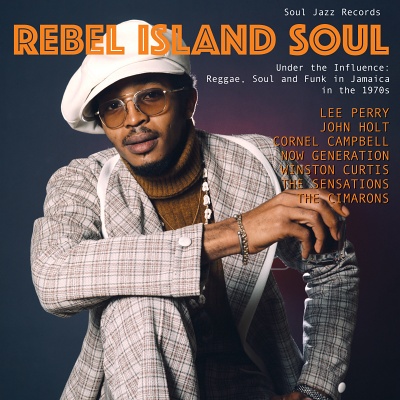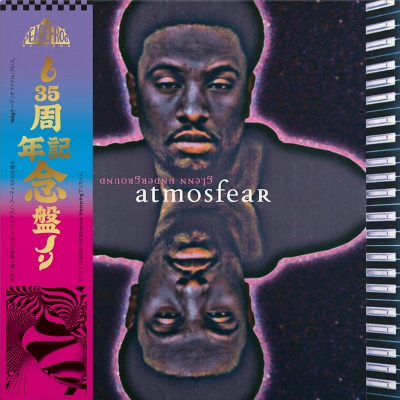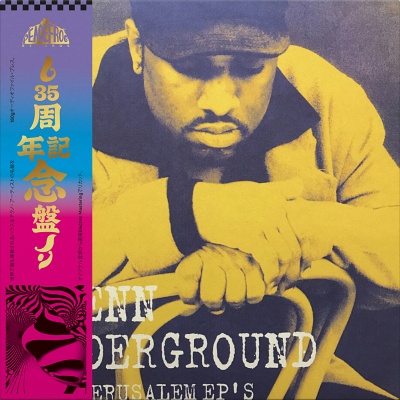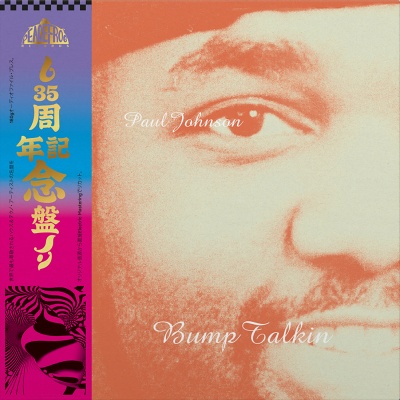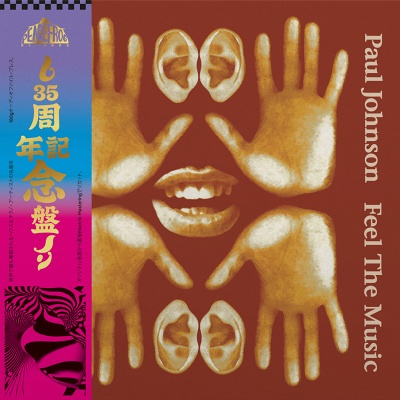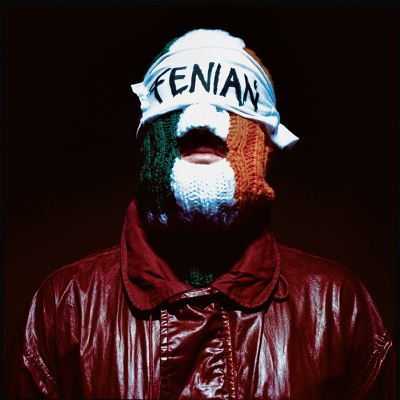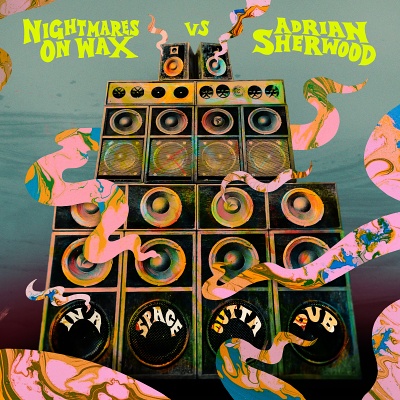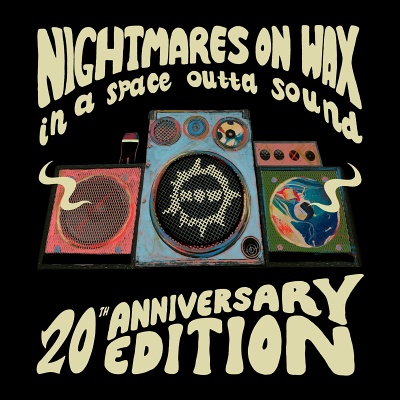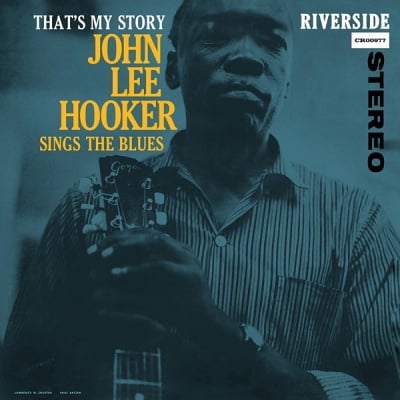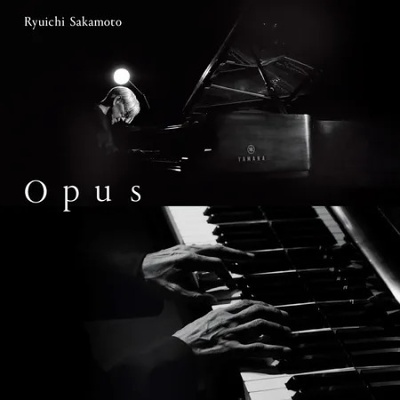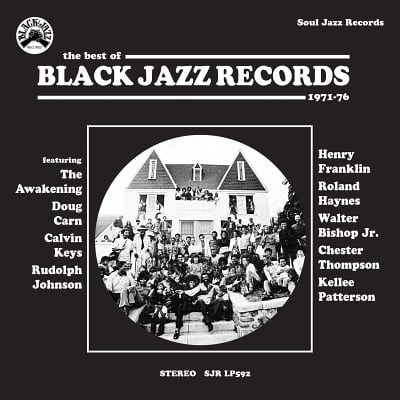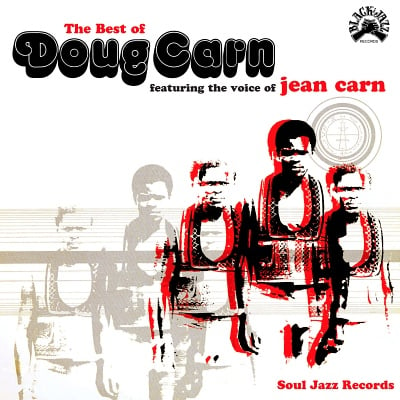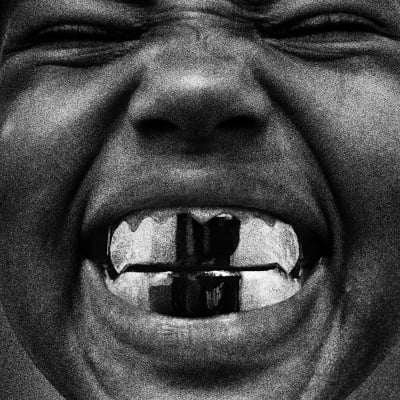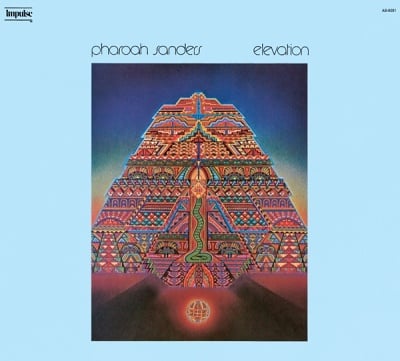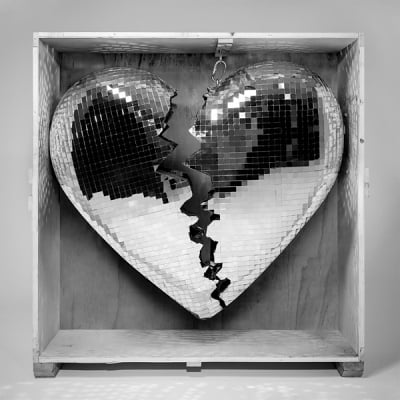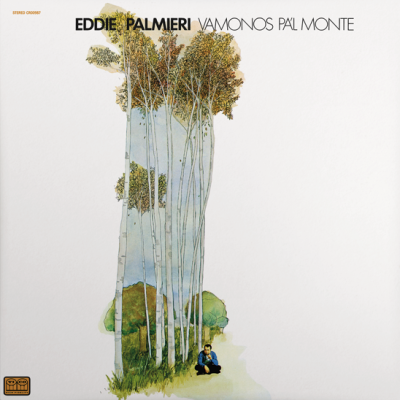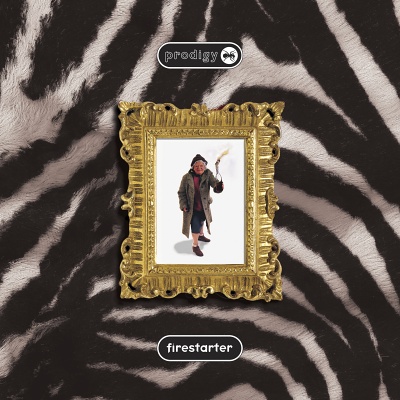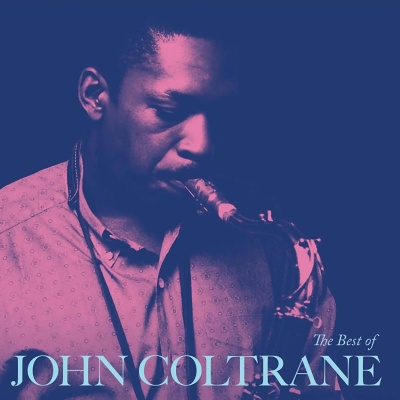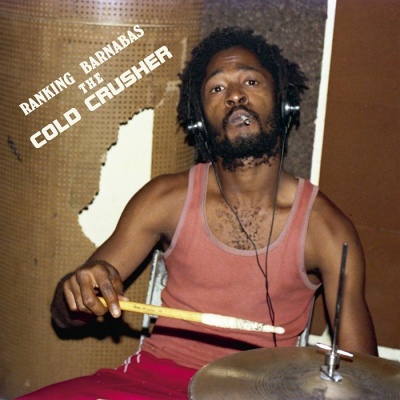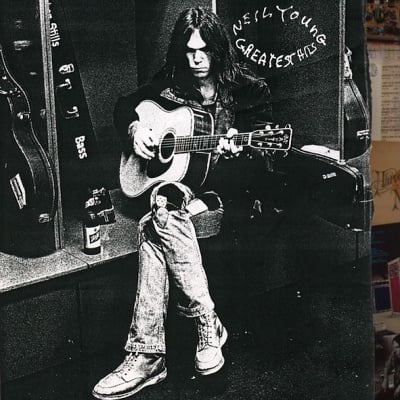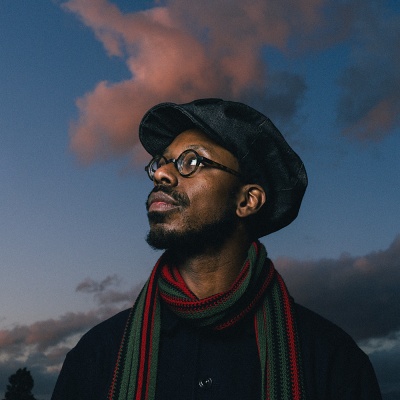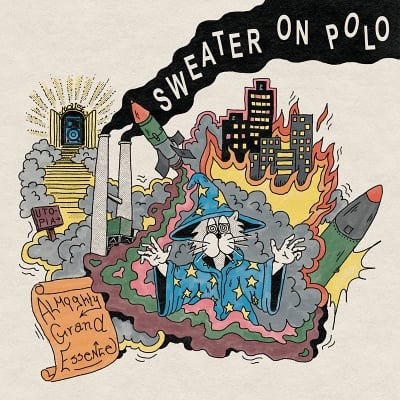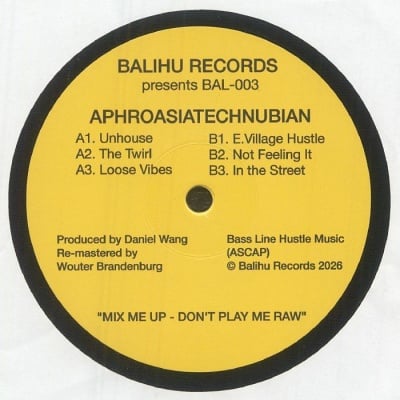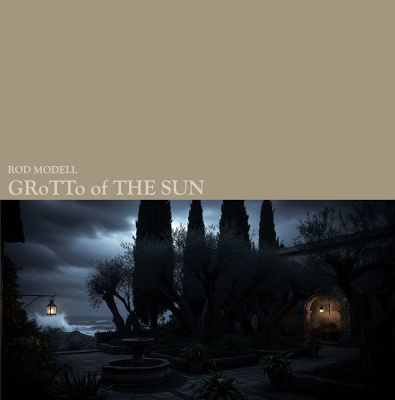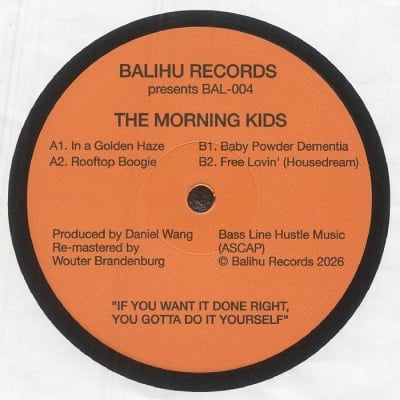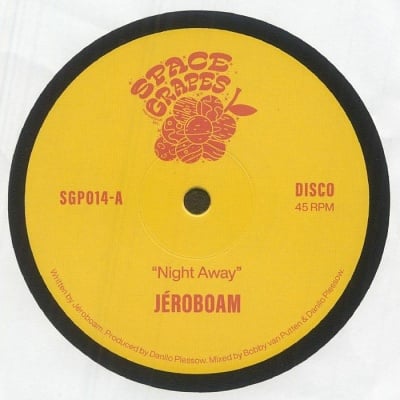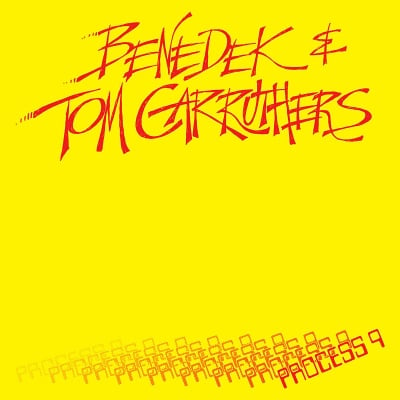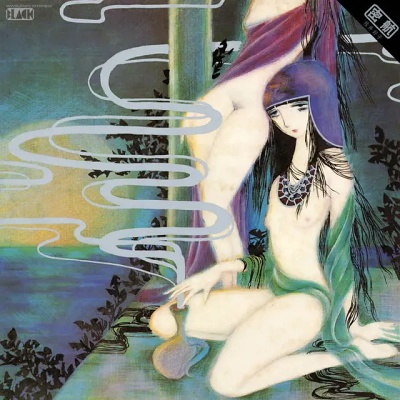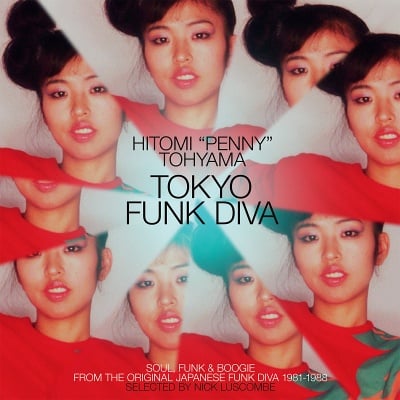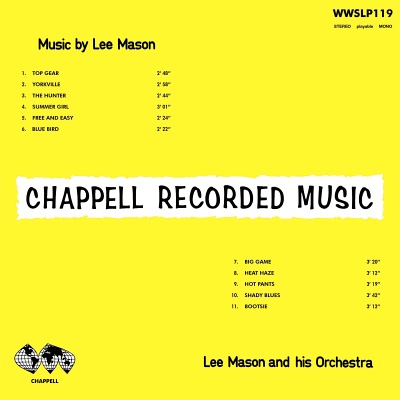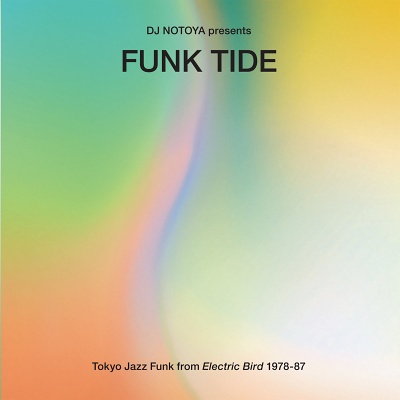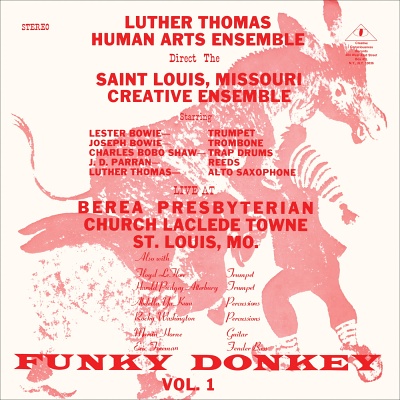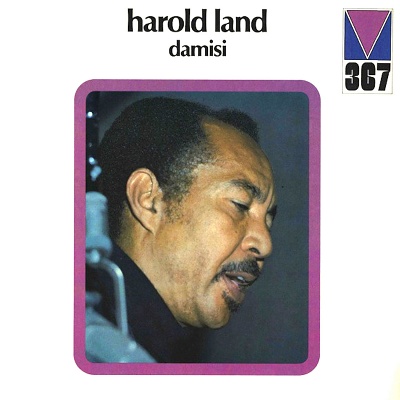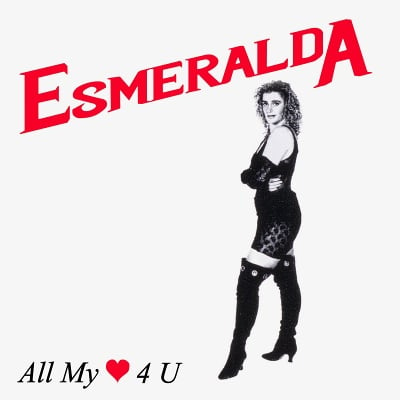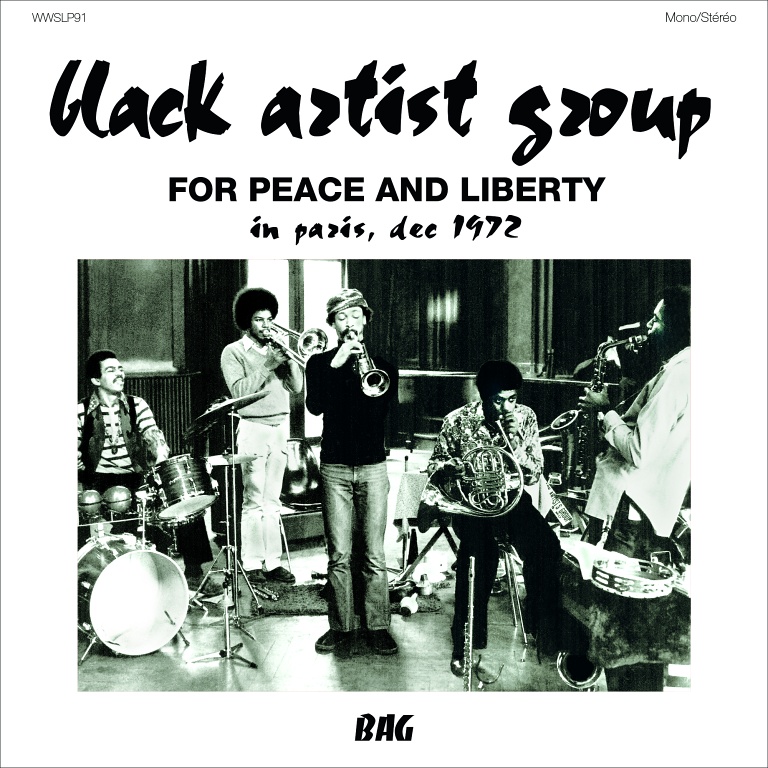
- LP WWSLP91£36.99Out of stock Notify me when in stock
- CD WWSCD91£17.99Out of stock Notify me when in stock
- Black Artist Group – For Peace and Liberty Part 1
- Black Artist Group – For Peace and Liberty Part 2
- Black Artist Group – For Peace and Liberty Part 3
- Black Artist Group – For Peace and Liberty Part 4
- Black Artist Group – For Peace and Liberty Part 5
- Black Artist Group – For Peace and Liberty Part 6
The Black Artist Group (BAG) was founded in St Louis, USA, in 1968 to promote local artists from the burgeoning Black Arts movement, including musicians, playwrights, dancers and poets. The BAG quintet heard here pulled together key musicians from the larger organisation, including Oliver Lake on sax, Baikida Carroll and Floyd LeFlore on trumpet, Joseph Bowie on trombone and Charles 'Bobo' Shaw on drums. The musicians emerged from the organisation to become a vital force within the late ‘60s free jazz revolution. Modelled on the AACM and the Art Ensemble of Chicago with whom they had close ties, this subset of BAG musicians followed in the footsteps of their Chicago colleagues, relocating to Paris in the early ‘70s on the recommendation of Lester Bowie, Joseph's older brother.
Arriving in the French capital in Oct. 1972 the group made an instant impact on its underground music scene. In December of that year, Andre Francis, ORTF's jazz supremo invited them onto his "Jazz sur Scene" radio show, which showcased four groups live over two hours. Arriving onto the stage of the prestigious Studio 104 auditorium of the Maison de la Radio, the group delivered a jaw-dropping 35-minute set that left the audience mesmerised. The performance kicks off with the Senegalese Welcome Rhythm and a percussion intro and then turns into a heavy funk rhythm set by Bobo Shaw before the group moves onto more spiritual and serene soundscapes. They then launch into more euphoric free improvisation which turns into a joyful march and then finish with another ecstatic funk rhythm before the audience explodes in rapturous applause.
This BAG performance is miraculous both in terms of sound quality - having been taped with Radio France's state-of-the-art audio equipment – and of pure musical quality. Radically different from their "Aries 1973" LP, it shows the group's versatility. As BAG expert Benjamin Looker, author of the book "Point from Which Creation Begins - The Black Artist Group of St. Louis" highlights in his liner notes: "Distinguishing this album from “In Paris” is the central, unifying role played by Shaw, who toggles between free-form percussive colorations and a series of deep, mesmerizing funk-oriented grooves."
The release of "For Peace and Liberty" is all the more extraordinary given that the group's legacy consists of just one single privately pressed album, “Aries 1973”, a recording which has since gained cult status (Thurston Moore included the album in his Grand Royal Top Ten From the Free Jazz Underground list in 1995). As a matter of fact, the tapes were gathering dust at INA and were previously thought lost, mislabelled on the INA database. Only thanks to a chance listening of another concert - where the BAG live set was buried within - was the recording unearthed making this historic release possible fifty years on.
The album, issued in collaboration with the group, is presented here as a limited edition boasting a twenty-page booklet featuring texts by all the musicians who reminisce on this unique concert, a 2600-word essay by Benjamin Looker plus previously unseen photos by French photographer Philippe Gras. The release counts as an invaluable document, shedding fresh light on one of the most fascinating groups in modern jazz history.
